SEARCH BY TITLE
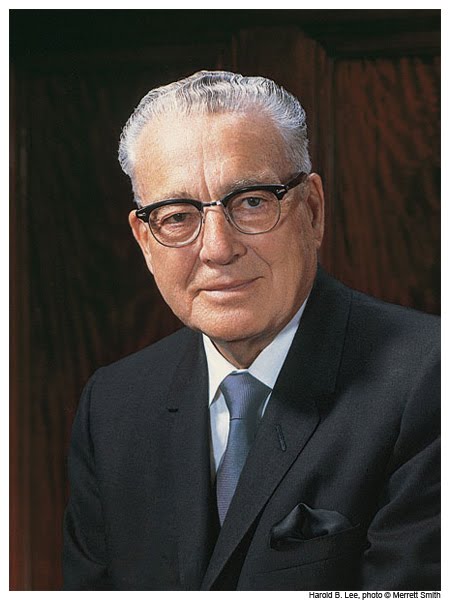 Be Loyal to the Royal Within You
Be Loyal to the Royal Within You
One of our Latter-day Saint men during World War II was over in England. He had gone to an officer’s club where they were holding a riotous kind of celebration. He noticed off to the side a young British officer who didn’t seem to be enjoying himself at all. So he walked over to him and said, “You don’t seem to be enjoying this kind of a party.” And this young British officer straightened himself a few inches taller than he was before and replied, “No, sir, I can’t engage in this kind of a party, because, you see, I belong to the royal household of England. As our Latter-day Saint boy walked away he said to himself, “Neither can I, because I belong to the royal household of the kingdom of God.” Do you realize that, you young people? There are things that you cannot and must not do if you remember your heritage. I am reminded of the old court jester who was supposed to entertain his king with interesting stories and antics. He looked at the king who was lolling on his throne, a drunken, filthy rascal, doffed his cap and bells, and said with a mock gesture of obeisance, “O king, be loyal to the royal within you.” And so I say to you young people today, remember your heritage, and be loyal to that royal lineage that you have as members of the church and kingdom of God on the earth. . . You Latter-day Saints, the youth of the noble birthright, if you can say, as Martha said, “Yea, Lord, I believe that thou art the Christ, the Son of God, which should come into the world”—if you can say that and know that he is in his heaven, and you believe that with all your soul, you will not be trapped in the pitfalls of life. I can say to you young people that I know—as did Martha in that flash of testimony—I know that he is up there. He is there, and he is closer to this church than you have any idea that he is. He is the resurrection and the life. And though you were dead, yet shall you live. As he lives, you shall live. If you believe in him, you shall live in everlasting life, as one who has won the fight and has kinship to him who gave his life that men might be.
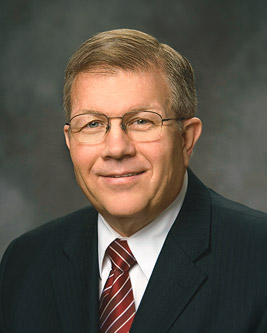 The Book
The Book
From the Doctrine and Covenants we read: “The great day of the Lord is at hand. … Let us, therefore, as a church and a people, and as Latter-day Saints, offer unto the Lord an offering in righteousness; and let us present in his holy temple, … a book containing the records of our dead, which shall be worthy of all acceptation.” This “book” will be prepared using the records of names and ordinances in the Church’s FamilyTree database. I am checking and adding records to this database because I want the names of all those I love to be in the book. Don’t you? Doctrine and Covenants section 128 says, “For we without [our ancestors] cannot be made perfect; neither can they without us be made perfect.” Family history is more than genealogy, rules, names, dates, and places. It is more than a focus on the past. Family history also includes the present as we create our own history. It includes the future as we shape future history through our descendants. A young mother, for example, sharing her family stories and pictures with her children is doing family history work. Like partaking of the sacrament, attending meetings, reading the scriptures, and saying personal prayers, doing family history and temple work should be a regular part of our personal worship. The response of our youth and others to prophetic invitations has been inspiring and proves this work can and should be done by all members at any age. As Elder Quentin L. Cook explained, “We [now] have the doctrine, the temples, and the technology.” Doing the work now is much easier and limited only by the number of members who make this a priority.
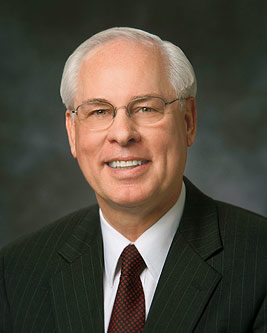 Live True to the Faith
Live True to the Faith
I love Church history. Perhaps like many of you, my own faith is fortified when I learn of the remarkable dedication of our forefathers who accepted the gospel and lived true to the faith. One month ago, 12,000 wonderful youth from the Gilbert Arizona Temple District celebrated the completion of their new temple with an inspiring performance, demonstrating their commitment to live righteously. The theme of their celebration was “Live True to the Faith.” Just as those faithful Arizona youth have done, each Latter-day Saint should commit to “live true to the faith.” The words of the hymn say, “True to the faith that our parents have cherished” We could add, “True to the faith that our grandparents have cherished.” I wondered if each of those enthusiastic Arizona youth knew their own Church history—if they knew the history of how their family came to be members of the Church. It would be a wonderful thing if every Latter-day Saint knew the conversion stories of their forefathers. Whether or not you are a descendant of pioneers, the Mormon pioneer heritage of faith and sacrifice is your heritage. It is the noble heritage of The Church of Jesus Christ of Latter-day Saints. . . It is the desire of my heart that, along with my children and grandchildren, we will honor the legacy of our righteous forefathers—those faithful Mormon pioneers who were willing to put everything on the altar to sacrifice for and defend their God and their faith. I pray that each of us will live true to the faith that our parents have cherished.
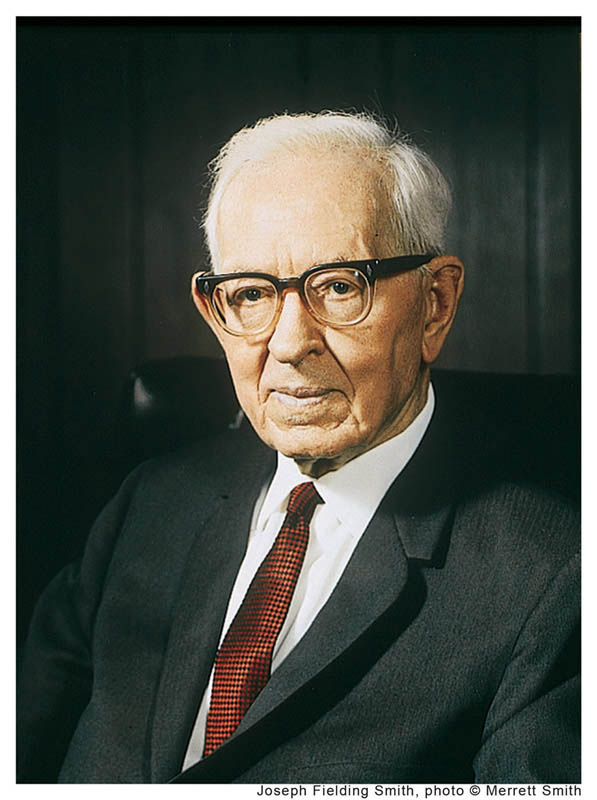 An Opportunity of Salvation
An Opportunity of Salvation
We are taught in the gospel of Jesus Christ that the family organization will be, so far as celestial exaltation is concerned, one that is complete, an organization linked from father and mother, and children of one generation to the father and mother and children of the next generation, and thus expanding and spreading out down to the end of time. If we fail to do the work, therefore, in the temples for our dead, you see our links in this chain — genealogical chain — will be broken, we will have to stand aside at least until that is remedied. We could not be made perfect in this organization unless we are brought in by this selective or sealing power, and if we have failed to do the work for those of our line, who have gone before, we will stand aside until somebody comes along who will do it for us; and if we have had the opportunity and have failed to do it, then naturally we would be under condemnation, and I think all through eternity we would regret the fact that we had failed to do the thing that was placed before us to do and which was our duty to accomplish in the salvation of the children of men. Another thing that I would like to say: Some of us get so enthusiastic over this temple work that we are not willing to abide by the rules and the regulations, and to confine ourselves to our own line, but we want to spread out into the other fellow’s line, and we want to do the work because we readily find names that belong to somebody else, and that method of work for the dead is not permissible. It is all right to help others do their work, if we do that with proper consent, but each family group is entitled to do the work for their particular line. One more thought in regard to this work of salvation: A great many people are very anxious to do work for friends, and this thing has been carried to an extreme. We do not need to worry ourselves very much about friends. A man came to me a few days ago and presented two lists and said he wanted to do the work for these people because they were his friends. The oldest man of the group was born in 1710, and his children were born between 1730 and 1740, yet he called them his friends. Now we should confine our activities to our own line. If there is a good reason for doing the work for somebody who had befriended us, somebody who would have accepted the gospel but did not have the opportunity and who has no relatives in the Church that is a different matter, and we may be privileged to do the work, but we need not be over-anxious to work for those not of our own lineage whom we list as friends.
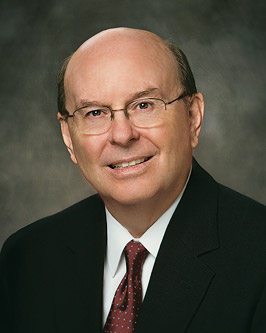 Roots and Branches
Roots and Branches
The doctrine of the family in relation to family history and temple work is clear. The Lord in initial revelatory instructions referred to “baptism for your dead.” Our doctrinal obligation is to our own ancestors. This is because the celestial organization of heaven is based on families. The First Presidency has encouraged members, especially youth and young single adults, to emphasize family history work and ordinances for their own family names or the names of ancestors of their ward and stake members. We need to be connected to both our roots and branches. The thought of being associated in the eternal realm is indeed glorious. . . Family history technology has also advanced dramatically. President Howard W. Hunter declared in November 1994: “We have begun using information technology to hasten the sacred work of providing ordinances for the deceased. The role of technology … has been accelerated by the Lord himself. … However, we stand only on the threshold of what we can do with these tools.” In the 19 years since this prophetic statement, the acceleration of technology is almost unbelievable. A 36-year-old mother of young children recently exclaimed to me, “Just think—we have gone from microfilm readers in dedicated family history centers to sitting at my kitchen table with my computer doing family history after my children are finally asleep.” Brothers and sisters, family history centers are now in our homes. Temple and family history work is not just about us. Think of those on the other side of the veil waiting for the saving ordinances that would free them from the bondage of spirit prison. Prison is defined as “a state of confinement or captivity.” Those in captivity might be asking William Saroyan’s question: “Now what?”
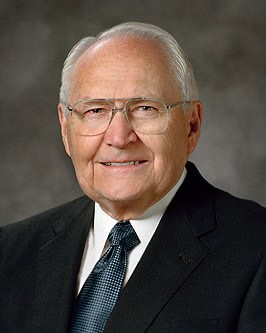 The Value of a Good Name
The Value of a Good Name
In 1997, as we celebrate the 150th anniversary of those who made the great trek across the plains to find freedom to worship according to their beliefs, it seems appropriate that we take time to remember those who did so much for us to bring the gospel into our families. First, each of us has these special accounts in our family histories of the sacrifices that were made for us to be blessed with a knowledge of the gospel. In some families, you may be the first member to join. You become its pioneer family. Therefore you have the obligation to record in your history who brought the converting power of the gospel to you. . . We cannot isolate ourselves from those around us. Our good name can be a special valued asset worth more than the riches of the world. In the Lord’s grand design for his children, he placed families as a centerpiece of his organizational structure. The scriptures always have their beginning in a family setting. In the Old Testament we have the story of Adam and Eve. The New Testament begins with the genealogy of our Savior. The Book of Mormon’s first lines are “I, Nephi, having been born of goodly parents.” Near the beginning of the Doctrine and Covenants is an excerpt from Moroni’s visit to Joseph Smith reminding us of the visitation of Elijah the prophet. In the Pearl of Great Price, again, is told the story of our first earthly parents. Your good name connects you with your past family history. Your righteous living, your example, your teachings, and your worthwhile service will bless numerous people with your vision. It is almost impossible to comprehend the number. May the Lord bless you with a greater understanding of his great plan of happiness and your special role in it. I add my witness to the many who have stood in this place over many years that families are important. Your name is special. It is recorded in the histories of our Father in Heaven, and how you value that, how you treat it, will literally affect generations to come. God bless you with the vision that is yours of who you are and the great privilege that is yours to belong to the Church of Jesus Christ.
